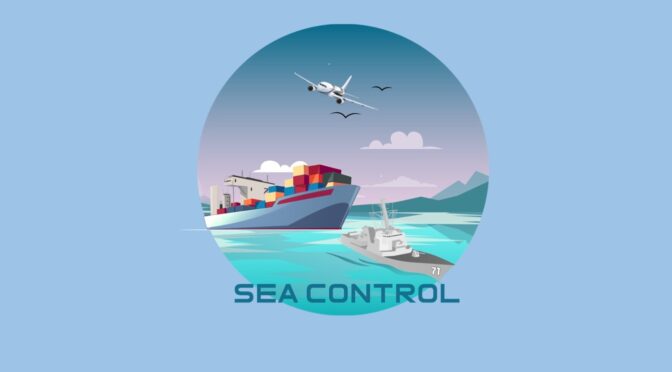By Jared Samuelson
Lt Col Nathan Jennings, PhD joins us to discuss the Army’s Fortress Fleet concept, how it would fit with the Marine Corps’ Expeditionary Advanced Base Operations concept, and what the Army is learning from the conflicts in the Red and Black Seas. Nathan is an associate professor and Army strategist at the U.S. Army Command and General Staff College.
Download Sea Control 510 – The Fortress Fleet with Lt Col Nathan Jennings, PhD
Links
1. “The Army and the Fortress Fleet: Reimagining Landpower in Maritime Warfare,” by Nathan Jennings, Modern War Institute, March 5, 2024.
2. “To Upgun Seapower in the Indo-Pacific, You Need an Army,” by General Charles Flynn and Lieutenant Colonel Tim Devine, U.S. Naval Institute Proceedings, February 2024.
Jared Samuelson is Co-Host and Executive Producer of the Sea Control podcast. Contact him at Seacontrol@cimsec.org.
This episode was edited and produced by Jim Jarvie.

